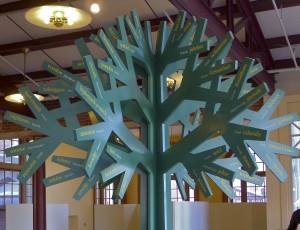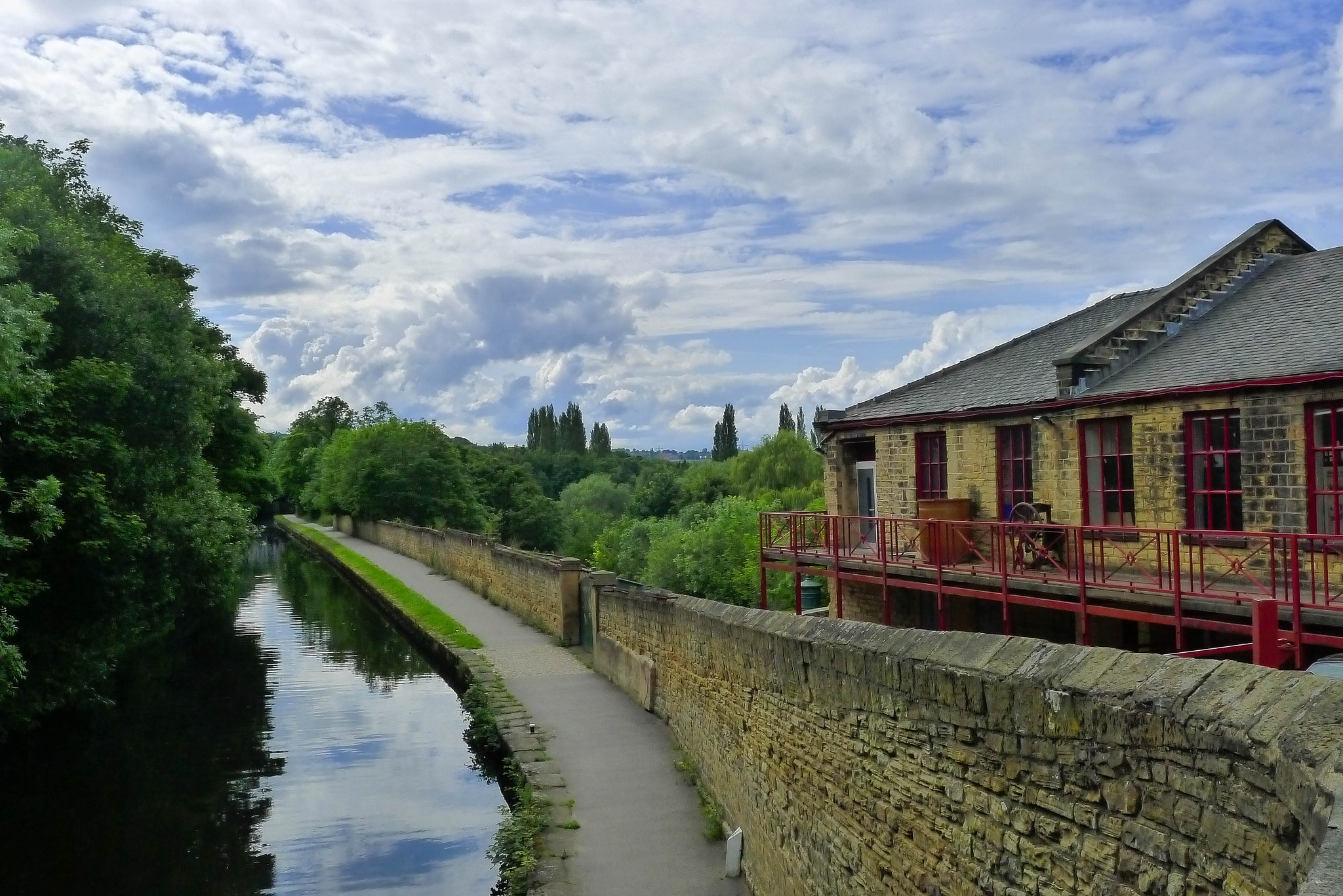Fascism, immigration and the English language
The BNP and other right-wing groups I loosely term fascist (although some may, legitimately, disagree with my use of the term) are always talking about making sure Britain stays “British”, and keeping its population “indigenous” so that our culture is not polluted by those of the immigrant nations.
Here’s a representative quote from the BNP web site1:
Immigration is out of control. Britain’s population is now over 60 million and rising, solely due to immigration. Not only is Britain increasingly overcrowded, but the fact is that a country is the product of its people and if you change the people you inevitably change the nature of the country.
We want Britain to remain – or return to – the way it has traditionally been. We accept that Britain always will have ethnic minorities and have no problem with this as long as they remain minorities and do not change nor seek to change the fundamental culture and identity of the indigenous peoples of the British Isles.
Now, without being too pedantic about the rest of this, let’s focus on the word indigenous. Wikipedia defines this well:
Indigenous peoples are ethnic groups who are native to a land or region, especially before the arrival and intrusion of a foreign and possibly dominating culture.
Well, I guess the race with the biggest claim to that is the Celts. They arrived here in the Bronze Age, around 1200 BC, and thrived throughout the Iron Age and throughout the Roman subjugation of England and Wales. They spoke a group of languages known as British, which survive in the modern forms of Irish, Scottish Gaelic, Welsh and Cornish.
However, I believe Mr Griffin is also referring to the aforementioned “foreign and possibly dominating culture”: the Anglo-Saxons. Anglo-Saxons make up by far the largest ethnic group in Britain, and indeed Mr Griffin himself is one. But they are far from indigenous to these islands. The first Anglo-Saxons arrived here in Britain in the early 5th century, as mercenaries hired by the failing Roman occupiers. In 442 AD they mutinied and eventually took the land for themselves at the turn of the 6th century.
In case you missed this: even the Romans have more of a claim to being the indigenous peoples of this island than the Anglo-Saxons!

The Word Tree at Ellis Island Museum of Immigration, showcasing words brought into American English by immigrants and natives
The English we speak today still has broadly the same grammar as its closest relatives, the Germanic languages, but a staggering 58% of the English lexicon is borrowed from Latin and French alone, neither of which have even made a dent in the other Germanic languages.
As an example of how quickly English allows itself to change and adapt to foreign influences, here’s the opening of Beowulf, an English-language poem written less time ago than the time between the arrival of the Celts and the arrival of the Anglo-Saxons:
Hwæt! W? G?r?Dena in ge?r?dagum
þ?od?cyninga þrym gefr?non,
h? þ? æðelingas ellen fremedon.
Oft Scyld Sc?fing sceaðena þr?atum,
monegum m?gðum meodo?setla oft?ah.
Egsode eorl, syððan ?rest wearð
f?a?sceaft funden: h? þæs fr?fre geb?d,
w?ox under wolcnum, weorð?myndum ð?h,
oð þæt him ?ghwylc þ?ra ymb?sittendra
ofer hron?r?de h?ran scolde,
gomban gyldan: þæt wæs g?d cyning!
Know what it’s on about? If you do, you beat me!
So, for fun, let’s pick languages from some ethnic groups commonly picked on by the BNP and its ilk, and have a think about how Mr Griffin and co. would get along without some of these apparently very English words:
- Arabic: admiral, coffee, guitar, lemon, magazine, orange, sofa, zero.
- Chinese: ketchup, silk, tea, tycoon.
- Hebrew2: apron, cannon, cider, map, sapphire.
- Hindi/Urdu: bungalow, jungle, pyjamas, shampoo, thug.
- Persian/Farsi: cash, magic, peach, tiger.
- Slavic languages: bridge (the game), robot, vampire.
- Turkish: bugger, doodle, kiosk, yoghurt.
And, as an interesting aside, loanwords from the indigenous languages of these islands are extremely rare in our language. 3


 Leeds-based non-binary nerd and sewist. I won't break my streak on Duolingo for anyone.
Leeds-based non-binary nerd and sewist. I won't break my streak on Duolingo for anyone.  Delicious
Delicious Leeds Beer Quest
Leeds Beer Quest Twitter
Twitter